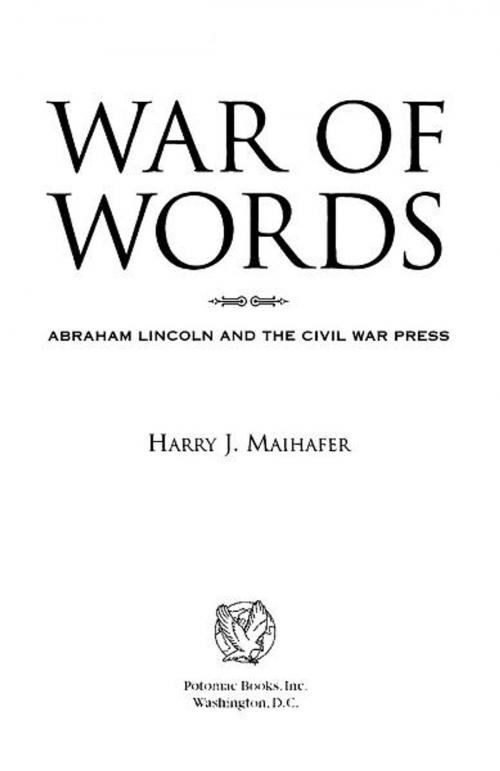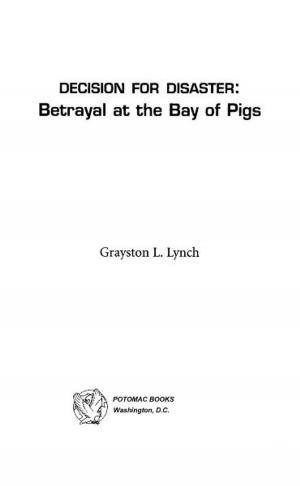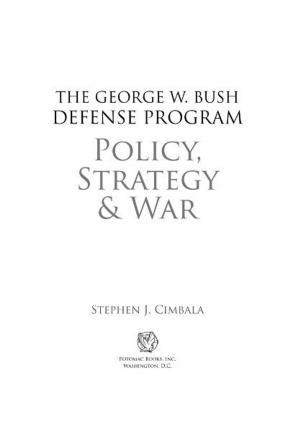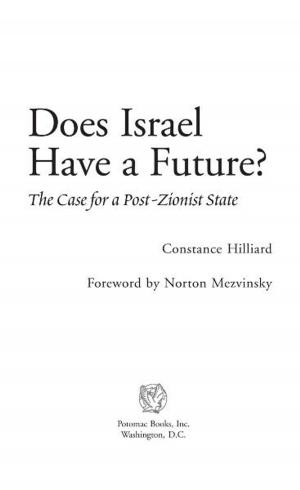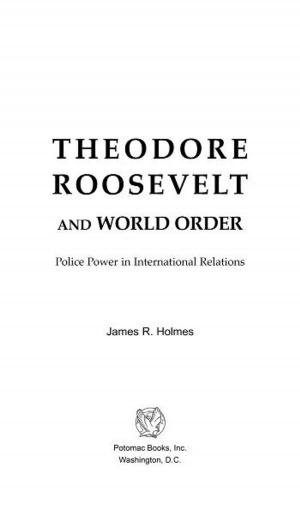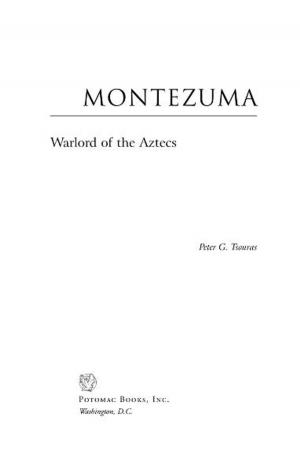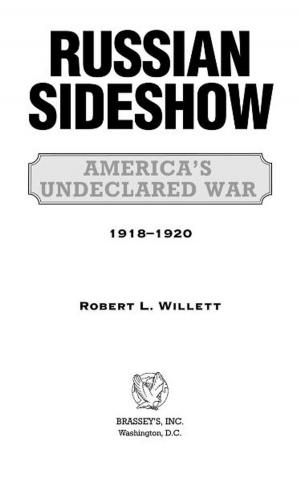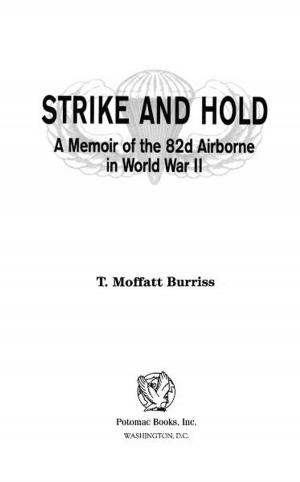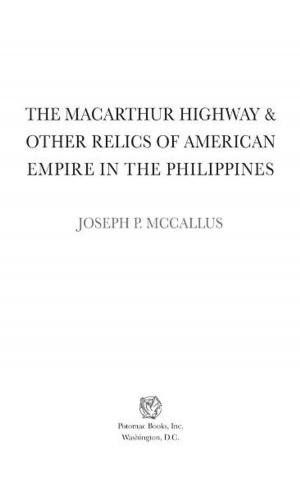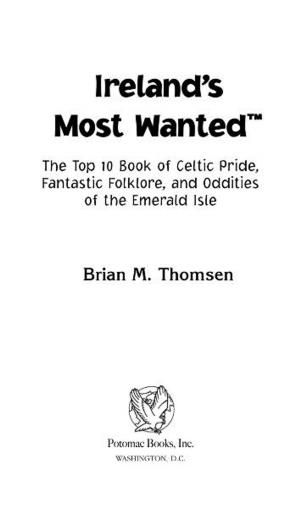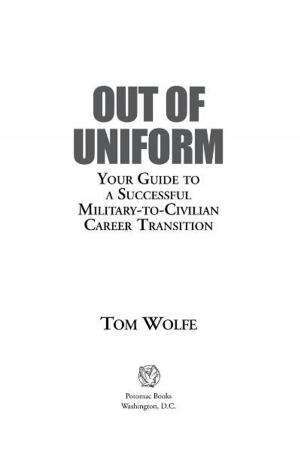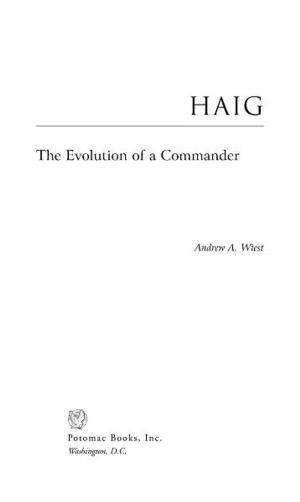| Author: | Harry J. Maihafer | ISBN: | 9781612344355 |
| Publisher: | Potomac Books Inc. | Publication: | November 1, 2001 |
| Imprint: | Potomac Books Inc. | Language: | English |
| Author: | Harry J. Maihafer |
| ISBN: | 9781612344355 |
| Publisher: | Potomac Books Inc. |
| Publication: | November 1, 2001 |
| Imprint: | Potomac Books Inc. |
| Language: | English |
A shrewd politician, Abraham Lincoln recognized the power of the press. He knew that, at most, a few thousand people might hear one of his speeches in person, but countless readers across the nation would absorb his message through newspapers. While he was always under fire by some hostile portion of the openly partisan nineteenth-century media, through the careful cultivation of relationships Lincoln successfully wooed numerous prominent newspapermen into aiding his agenda. Whether he was editing his own speech in a newspaper office or inviting reporters to the White House to leak a story, the President skillfully steered the Union through the perils of war by playing his own version of the public relations game.
A shrewd politician, Abraham Lincoln recognized the power of the press. He knew that, at most, a few thousand people might hear one of his speeches in person, but countless readers across the nation would absorb his message through newspapers. While he was always under fire by some hostile portion of the openly partisan nineteenth-century media, through the careful cultivation of relationships Lincoln successfully wooed numerous prominent newspapermen into aiding his agenda. Whether he was editing his own speech in a newspaper office or inviting reporters to the White House to leak a story, the President skillfully steered the Union through the perils of war by playing his own version of the public relations game.
